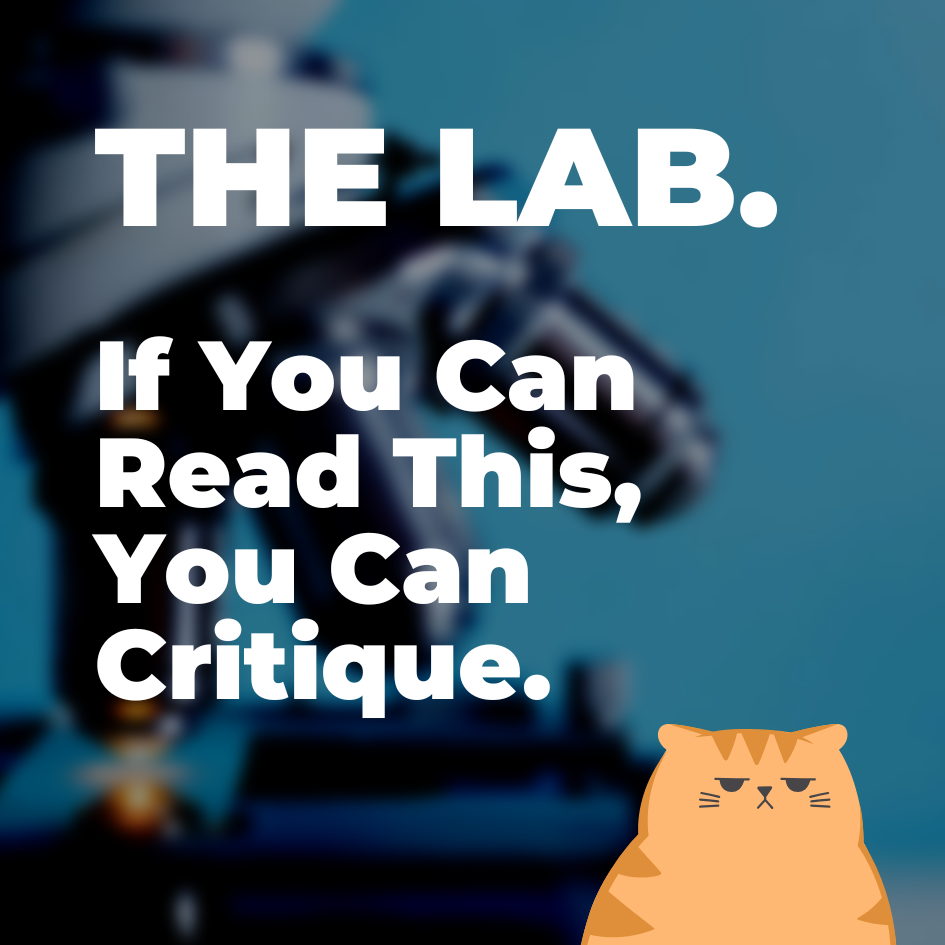E G Logan
Full Member
This came this morning.
I suspect it may be a form reply from the agency concerned (names suppressed to spare blushes. mine too), but somehow it hit the absolute opposite of the sweet spot.
Dear Deluded Person,
Thank you for the opportunity to consider WHY EVEN BOTHER?.
The publishing industry is an extremely competitive one, and in order to represent an author effectively, I have to feel completely convinced by their work.
I’m afraid your book didn’t capture my imagination to quite that degree.
Publishing is obviously a very subjective business, and I wish you the best of luck in finding representation elsewhere.
Yours,
Agent's assistant,
Agent's Name,
Medium Sized Agency.
I would have been happier with the basic "but it wasn't right for us/me." This also told me nothing, but painfully. "I’m afraid your book didn’t capture my imagination..." is going to follow me around all day.
For the record, I replied thanking her for her 'considerate and thoughtful reply.'
I suspect it may be a form reply from the agency concerned (names suppressed to spare blushes. mine too), but somehow it hit the absolute opposite of the sweet spot.
Dear Deluded Person,
Thank you for the opportunity to consider WHY EVEN BOTHER?.
The publishing industry is an extremely competitive one, and in order to represent an author effectively, I have to feel completely convinced by their work.
I’m afraid your book didn’t capture my imagination to quite that degree.
Publishing is obviously a very subjective business, and I wish you the best of luck in finding representation elsewhere.
Yours,
Agent's assistant,
Agent's Name,
Medium Sized Agency.
I would have been happier with the basic "but it wasn't right for us/me." This also told me nothing, but painfully. "I’m afraid your book didn’t capture my imagination..." is going to follow me around all day.
For the record, I replied thanking her for her 'considerate and thoughtful reply.'




